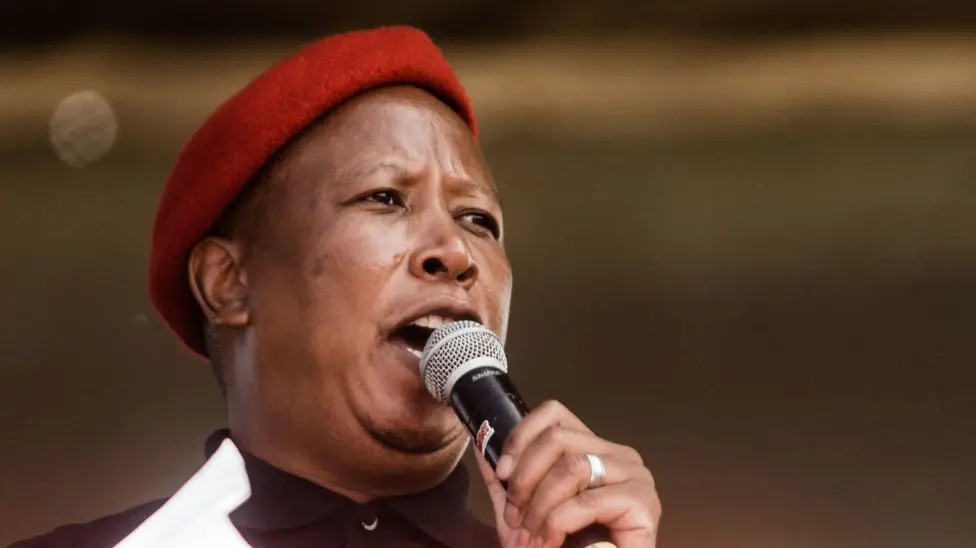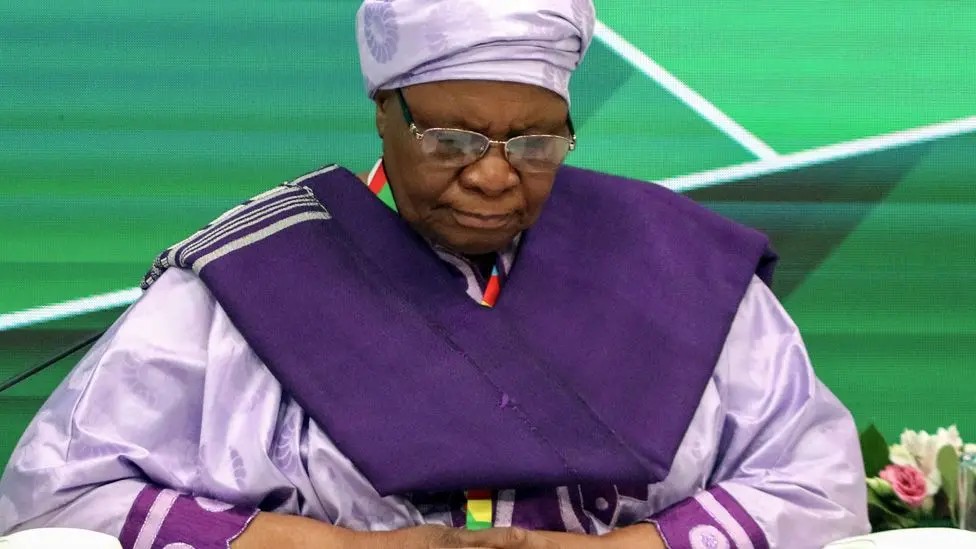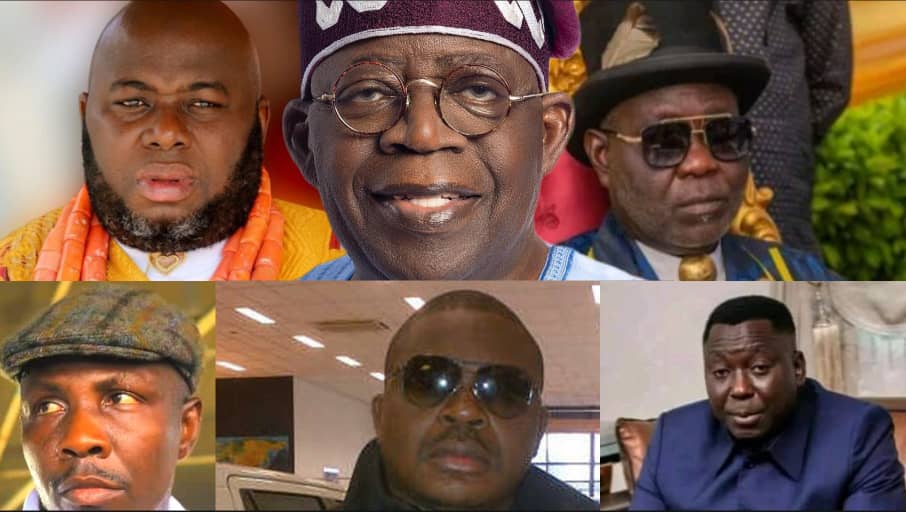Firebrand South African Politician Convicted of Hate Speech in Landmark Ruling
- by John, South Africa, RNG247
- about 13 days ago
- 81 views

In a groundbreaking decision that has sent shockwaves through South Africa's political landscape, Julius Malema, the controversial leader of the Economic Freedom Fighters (EFF) party, has been found guilty of hate speech by the country's equality court. The ruling stems from inflammatory remarks made by Malema during a rally in 2022, reigniting debates about freedom of expression and racial tensions in a nation still grappling with the legacy of apartheid.
The case against Malema, a 44-year-old Member of Parliament known for his provocative rhetoric, centered on statements he made following an alleged assault on an EFF member by a white individual. At the rally, Malema declared, "No white man is going to beat me up... you must never be scared to kill. A revolution demands that at some point there must be killing." These words, according to the court, "demonstrated an intent to incite harm."
The equality court's decision came in response to two separate complaints: one filed by South Africa's Human Rights Commission and another by an individual who claimed to have been threatened as a result of Malema's remarks. In its ruling, the court emphasized that while calling out racist behavior may be acceptable, advocating for violence crosses a critical line. "Calling for someone to be killed because they are a racist who has acted violently, is an act of vigilantism and an incitement of the most extreme form of harm possible," the court stated.
The EFF, which secured the fourth-largest share of votes in last year's parliamentary election, swiftly condemned the ruling. In a defiant statement, the party argued that the decision was "fundamentally flawed and deliberately misreads both the context and the meaning of the speech." They further contended that the ruling assumes "the reasonable listener is incapable of understanding metaphor, revolutionary rhetoric or the history of liberation struggles."
This conviction marks the latest in a series of controversies surrounding Malema, whose political career has been characterized by confrontational tactics and divisive statements. In June, he was denied entry to the United Kingdom, with the Home Office citing his vocal support for Hamas and previous statements calling for violence against white South Africans as reasons for the ban.
Malema's rhetoric has also drawn international attention, including criticism from former U.S. President Donald Trump during a meeting with South African President Cyril Ramaphosa in May. Trump highlighted a video of Malema singing an anti-apartheid song that includes lyrics about killing white farmers, a chant Malema frequently employs at political rallies.
The court's decision has reignited debates about the limits of free speech in South Africa, a country still navigating the complex terrain of racial reconciliation three decades after the end of apartheid. While some view the ruling as a necessary step in curbing hate speech and promoting social cohesion, others argue it could set a dangerous precedent for limiting political expression.
As South Africa continues to grapple with its painful history and ongoing social divisions, the conviction of Julius Malema serves as a stark reminder of the delicate balance between protecting free speech and preventing incitement to violence. The case is likely to have far-reaching implications for political discourse in the country, potentially reshaping the boundaries of acceptable rhetoric in the public sphere.
















0 Comment(s)